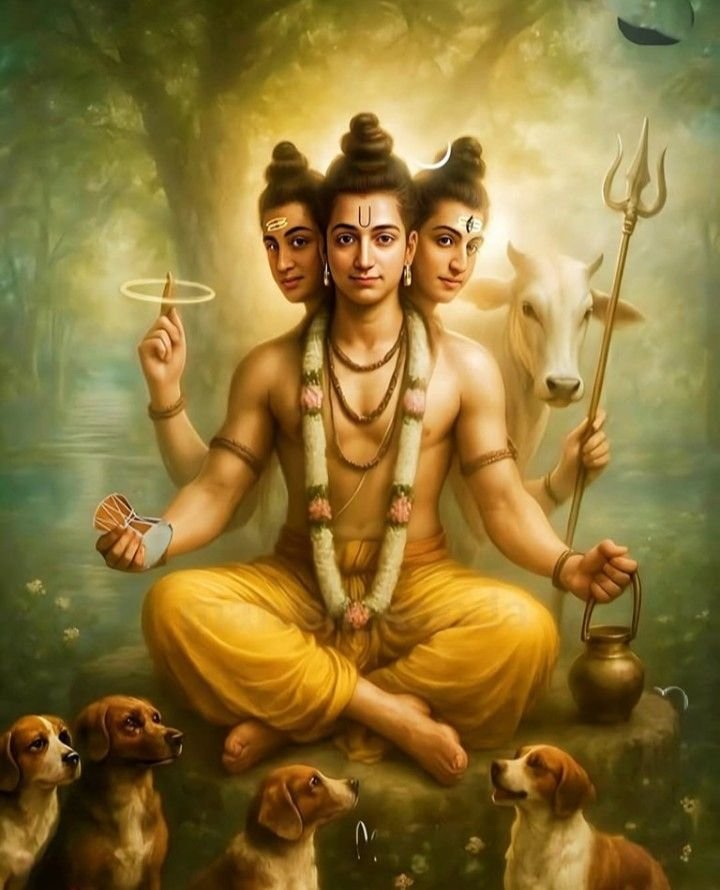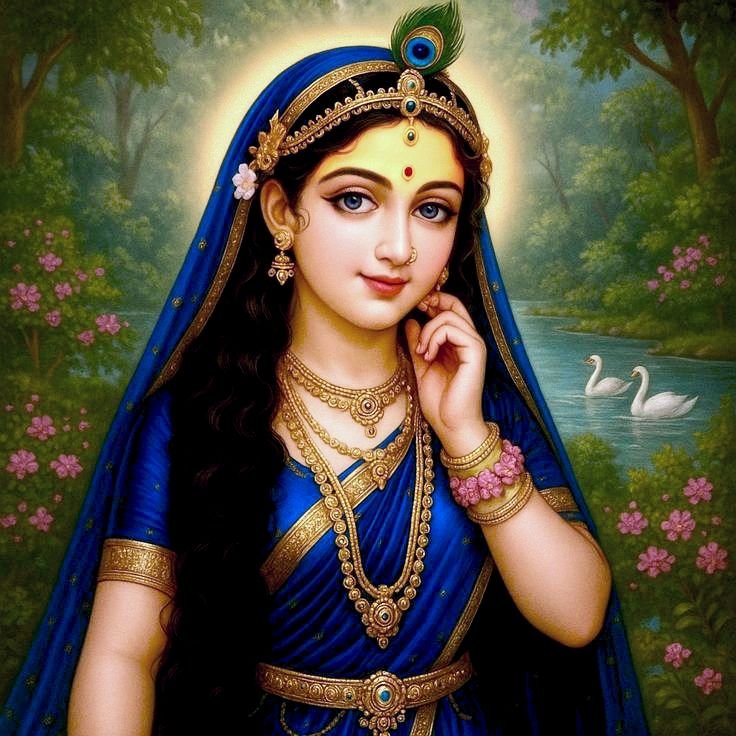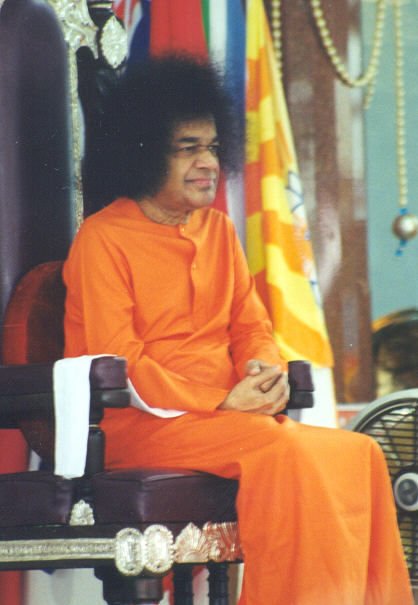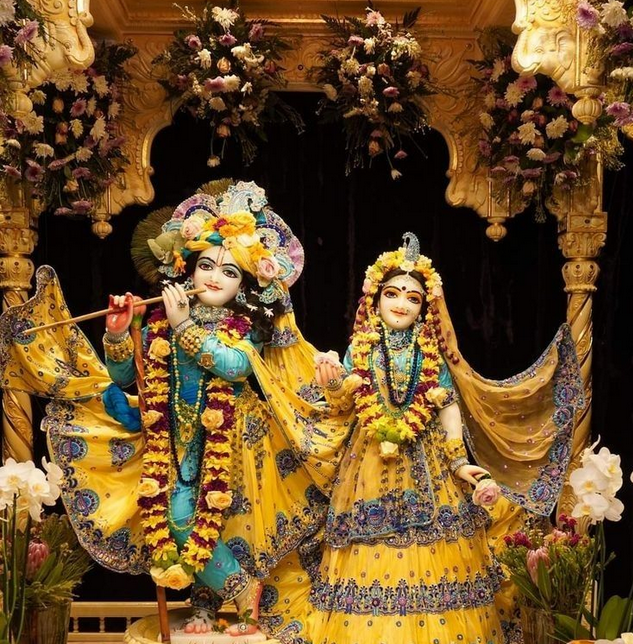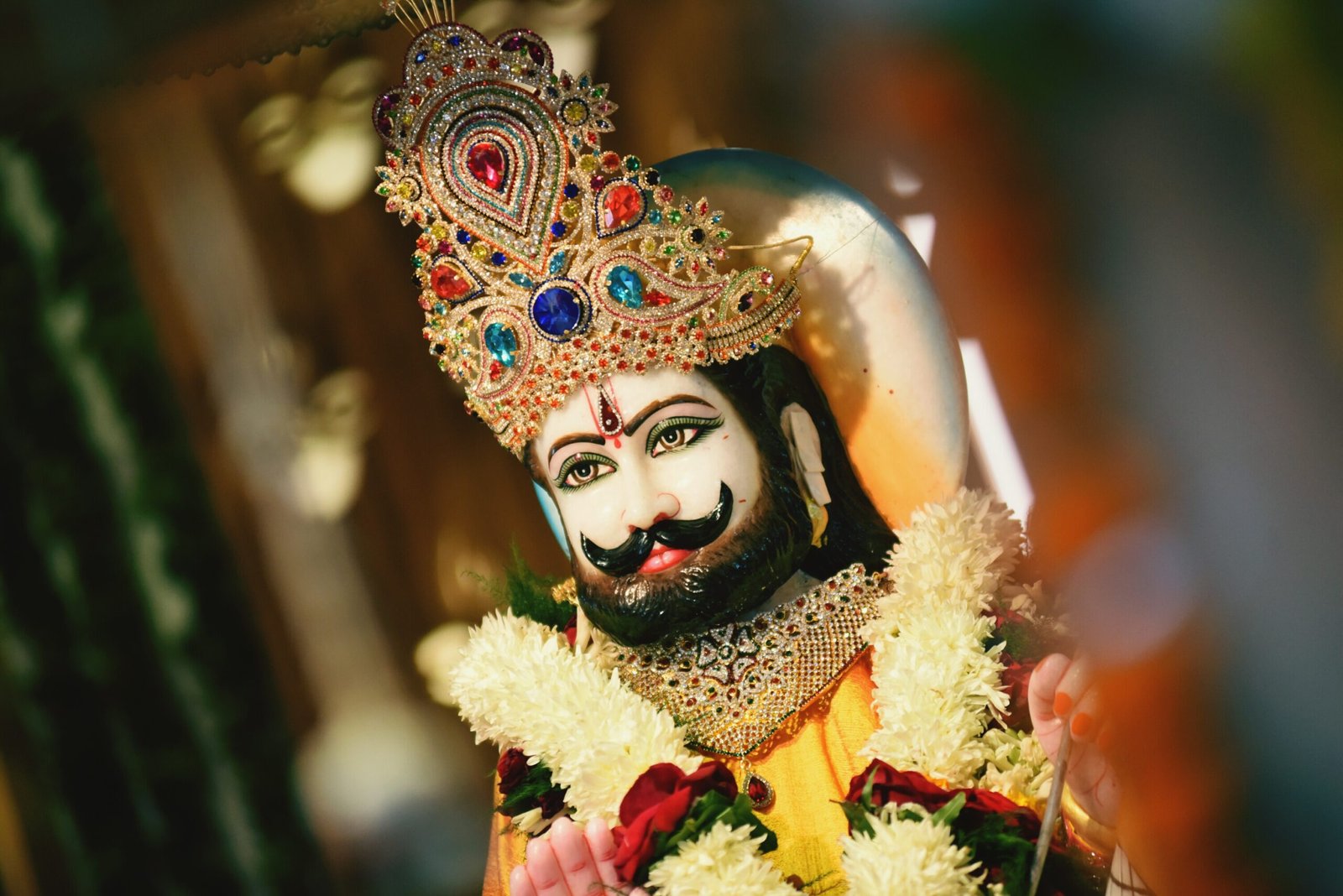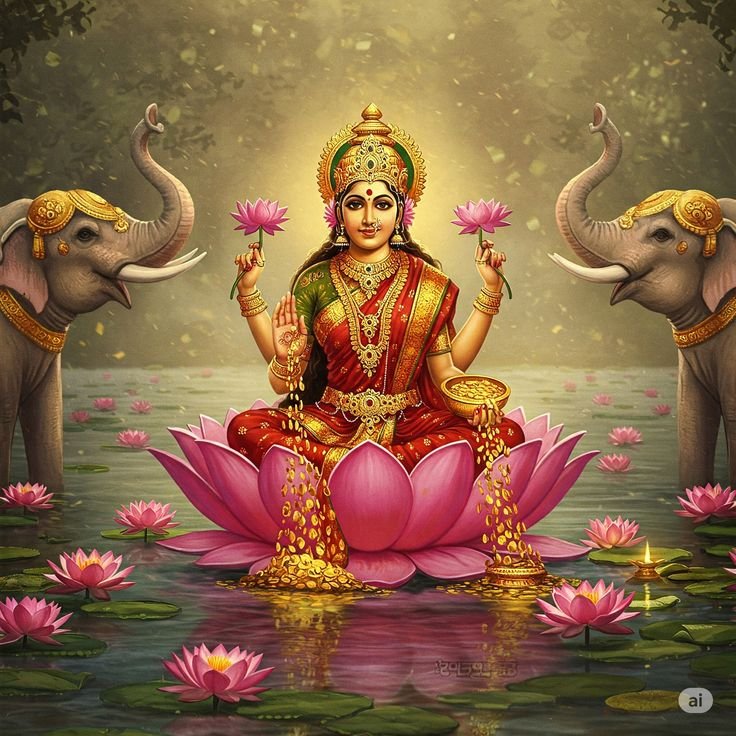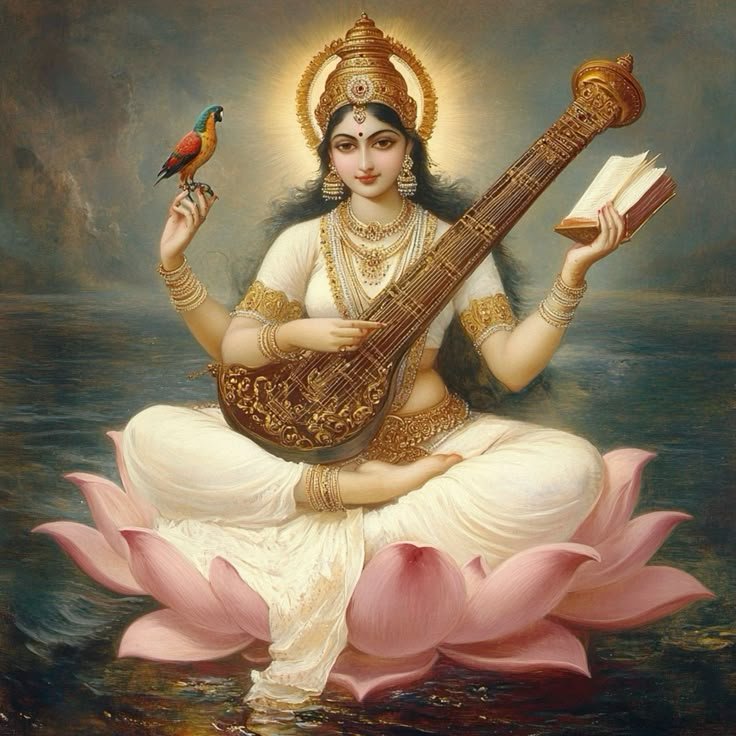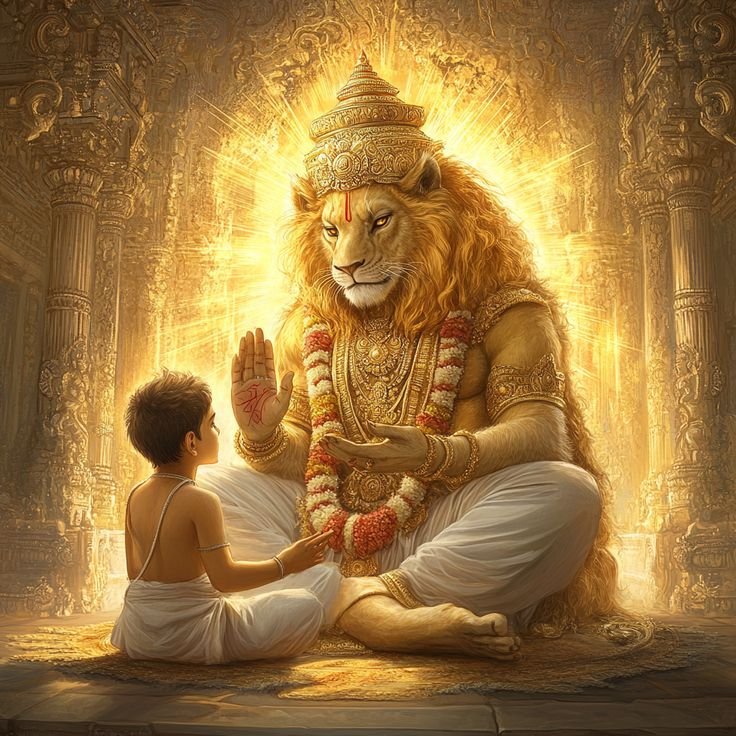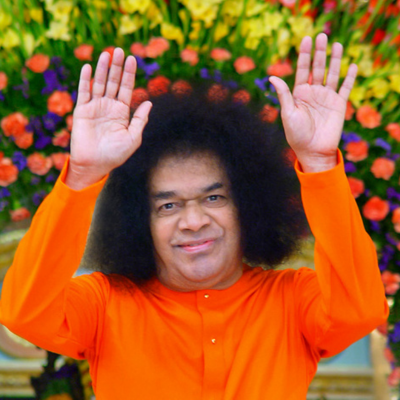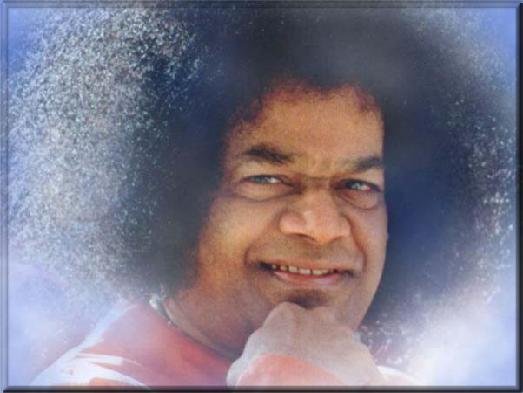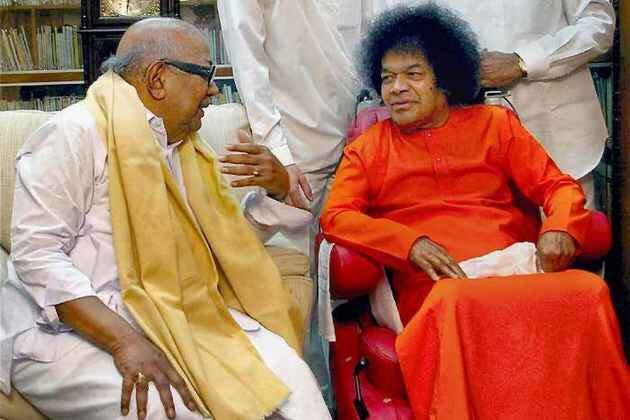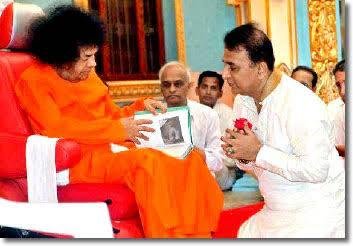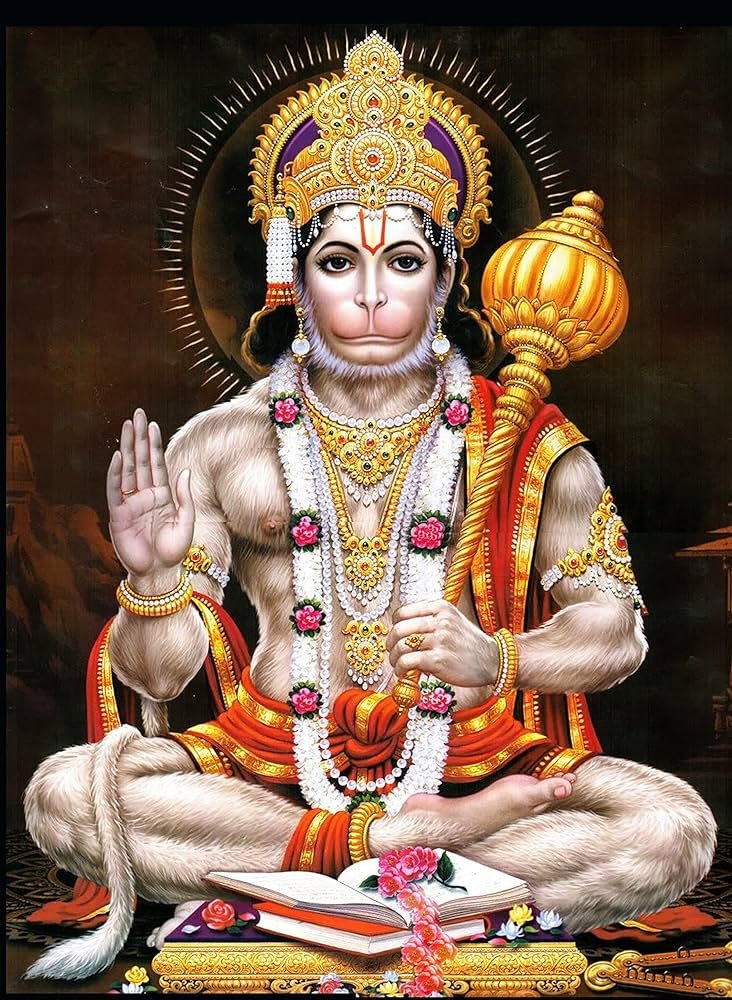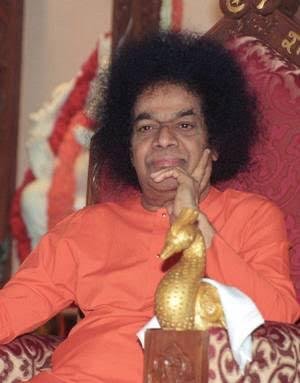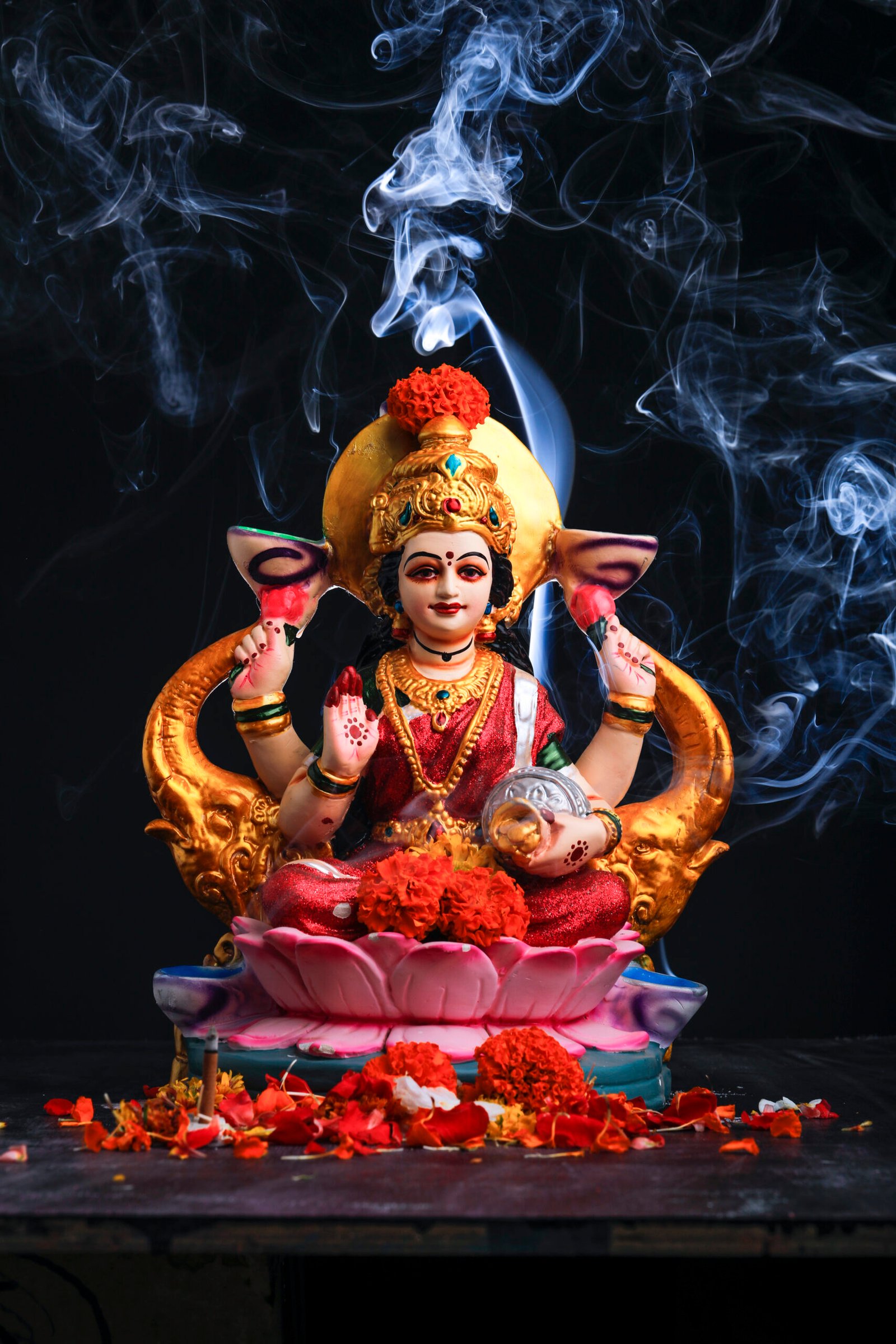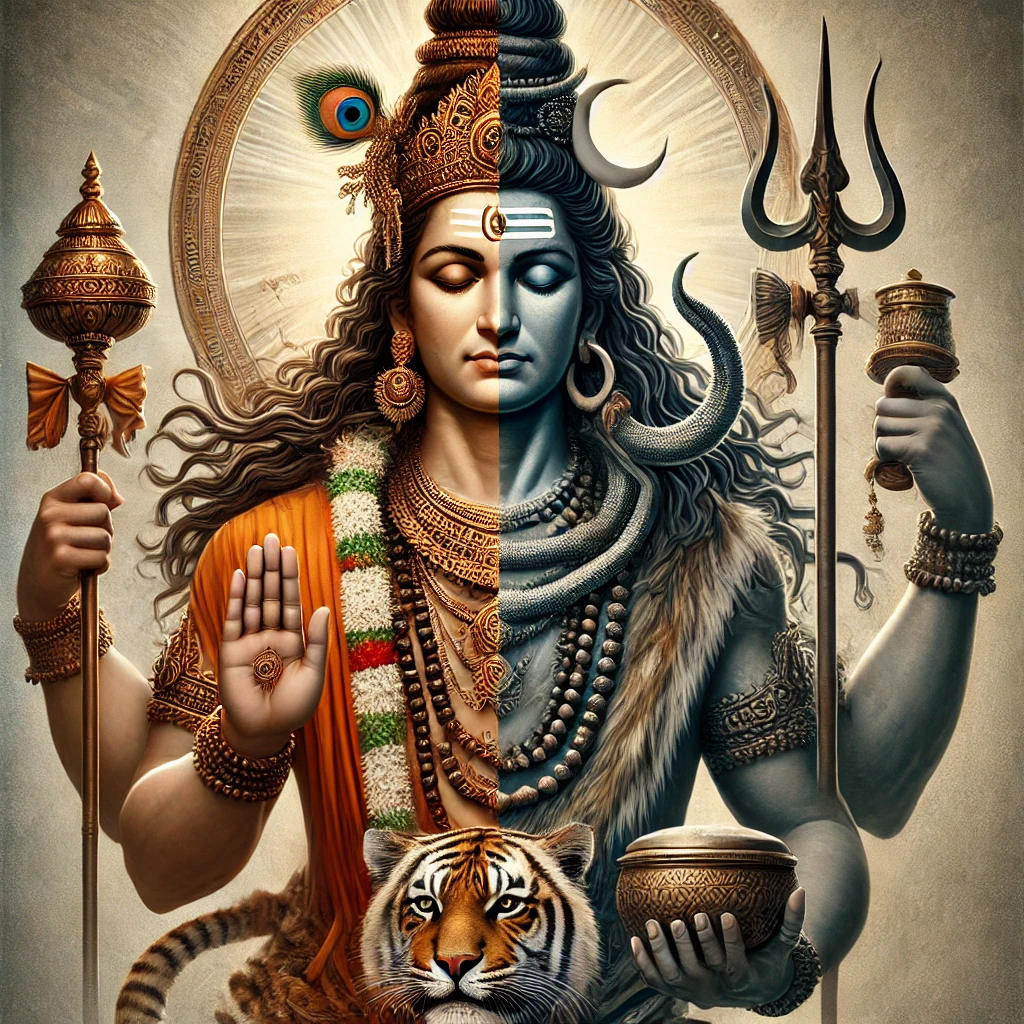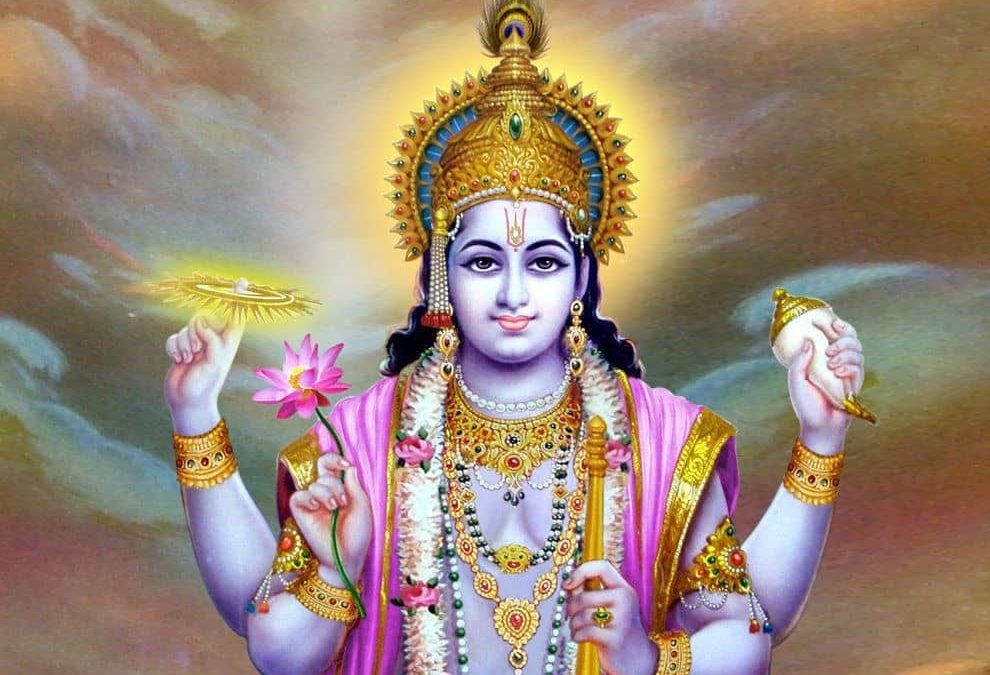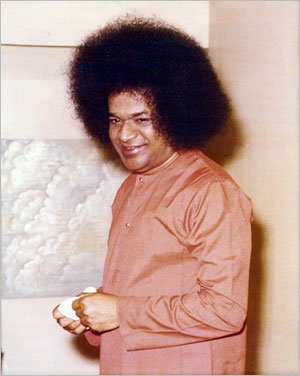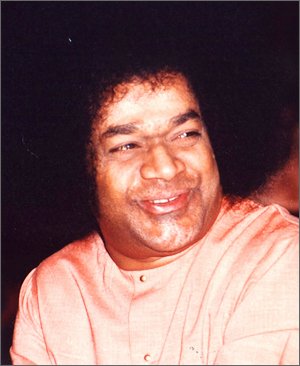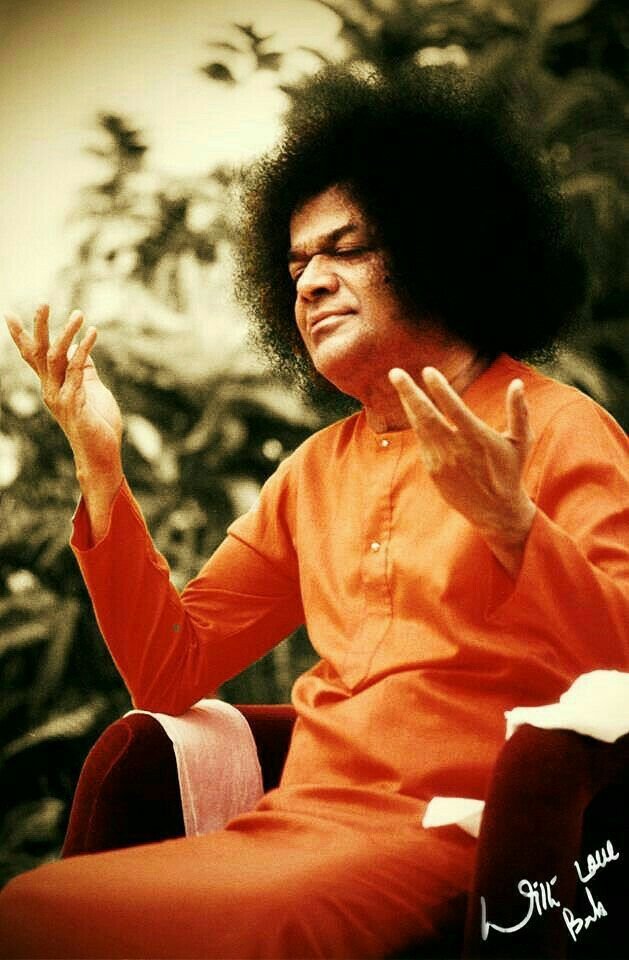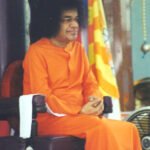Bhagavan Sri Sathya Sai Baba Jayanti
Bhagavan Sri Sathya Sai Baba Jayanti
Bhagavan Sri Sathya Sai Baba Jayanti is a sacred occasion celebrated to mark the birth anniversary of Bhagavan Sri Sathya Sai Baba, a revered spiritual master, humanitarian, and philanthropist, born on 23rd November 1926 in Puttaparthi, Andhra Pradesh. Devotees across the world commemorate this day with prayers, bhajans, service activities (Seva), and spiritual programs to honor his life, teachings, and mission of promoting love, peace, and selfless service. Sathya Sai Baba is widely regarded as an avatar who emphasized the unity of all religions and the importance of human values—Sathya (Truth), Dharma (Righteousness), Shanti (Peace), Prema (Love), and Ahimsa (Non-violence). His Jayanti is a time for devotees to reflect upon these values and engage in charitable acts and spiritual practices.


His Jayanti is celebrated with bhajans, spiritual discourses, community service, and acts of charity, inspiring millions worldwide to live by his guiding principles of “Love All, Serve All” and “Help Ever, Hurt Never.”






Rituals & Traditions of Bhagavan Sri Sathya Sai Baba Jayanti

Bhagavan Sri Sathya Sai Baba Jayanti is celebrated with devotion, service, and spiritual activities by millions of devotees worldwide, particularly in Puttaparthi, Andhra Pradesh, where Baba was born and lived. The day begins with Omkaram and Suprabhatam (morning prayers), followed by Veda chanting and Nagarsankirtan (devotional singing in procession). Temples, Sai Centers, and ashrams are decorated beautifully, and devotees participate in bhajans, satsangs (spiritual discourses), and meditation sessions to honor Baba’s teachings.
A central part of the celebration is Seva (selfless service), where devotees engage in charitable acts such as feeding the poor, organizing blood donation camps, distributing clothes, and supporting education and healthcare initiatives, reflecting Sathya Sai Baba’s mission of serving humanity. In Puttaparthi, grand celebrations include special programs, cultural performances, and large gatherings at Prasanthi Nilayam, where devotees from around the world come together in unity.
Many people also observe the day with personal prayer, reflection on Baba’s teachings, and community service, making the Jayanti not just a festival, but a movement of love, spirituality, and selfless giving.
Spiritual Importance & Cultural Significance
Bhagavan Sri Sathya Sai Baba Jayanti is a deeply spiritual occasion, celebrated as the manifestation of divinity in human form. Devotees believe Sathya Sai Baba came to guide humanity towards a life rooted in truth (Sathya), righteousness (Dharma), peace (Shanti), love (Prema), and non-violence (Ahimsa). This day serves as a reminder for individuals to engage in self-reflection, meditation, and prayer, deepening their spiritual connection and practicing values that elevate the soul. Baba’s message of universal love and unity of all religions inspires devotees to see divinity in everyone and cultivate inner transformation through service and devotion.
The Jayanti transcends religious and cultural boundaries, making it a truly global celebration. Sathya Sai Baba’s teachings resonate with people of all faiths, and his humanitarian work in healthcare, education, and water supply has left a profound cultural impact worldwide. On this day, devotees and communities come together in harmony to perform seva (selfless service), organize spiritual gatherings, and honor his legacy. It symbolizes a culture of giving, compassion, and social responsibility, uniting people across nations in a shared vision of peace and service.


Food & Sweets & Modern Celebrations

Bhagavan Sri Sathya Sai Baba Jayanti is marked by simplicity and service rather than lavish feasting. Devotees often prepare pure vegetarian satvik meals as an offering, free from onion and garlic, symbolizing purity and devotion. Popular South Indian dishes such as sambar, rasam, vegetable curries, coconut-based dishes, pongal, and lemon rice are served during community meals. Prasadam like laddus, kesari, coconut barfi, and payasam are distributed to devotees in temples and Sai centers. The tradition of annadanam (free food distribution) plays a central role, as feeding the needy is considered a powerful act of service and devotion.
Today, Sathya Sai Baba Jayanti is a global festival, celebrated by Sai Centers and devotees across more than 150 countries. In Puttaparthi’s Prasanthi Nilayam, grand celebrations include Vedic rituals, bhajan sessions, cultural programs, and seva projects attracting thousands of devotees. Across the world, modern celebrations emphasize seva activities like blood donation drives, free medical camps, educational initiatives, and food distribution, reflecting Baba’s message of “Love All, Serve All.”
Many devotees also join online satsangs, bhajan broadcasts, and service initiatives to honor his legacy, making the festival spiritually rich while using modern technology to spread his teachings. Thus, Sathya Sai Baba Jayanti beautifully blends devotion, service, tradition, and global unity, inspiring millions to walk the path of love and selfless service.

